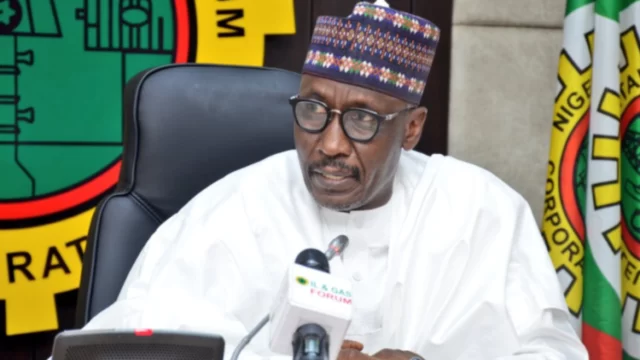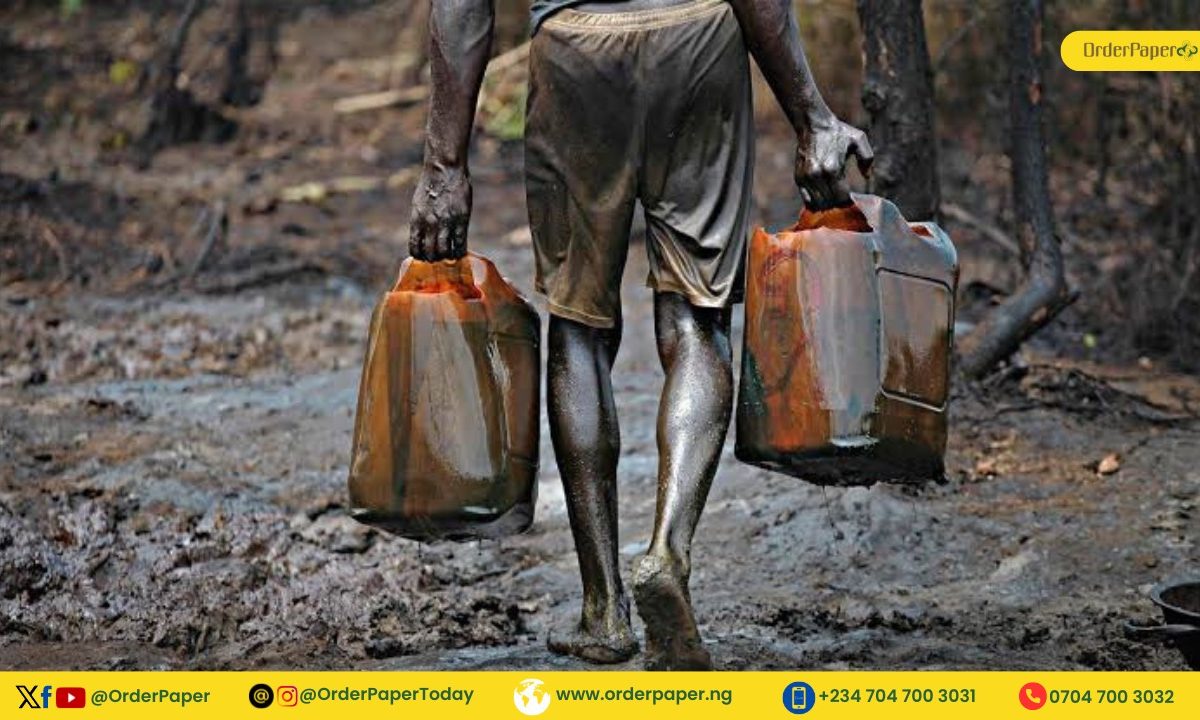In discussions surrounding the transitioning of the Nigerian National Petroleum Corporation Limited (NNPC) to Nigerian National Petroleum Corporation Limited (NNPCL), misunderstandings persist about its ownership and mode of operations.

One of the major misconceptions is whether or not the NNPC is a commercial or private company. Confused about what these terms mean?
There is a story about the Akara for 4 the People Company that can help us understand what is important here. In case you do not know, akara is a popular meal among Nigerians.
Commercialisation or Privatisation?
Once upon a time, in a local community, the King and the Elders, for and on behalf of the members of that community, managed a special Akara business called “Akara 4 the People”. The community made the best Akara, and everyone loved it. The Akara was sold to the members of that community at a significantly reduced price, as the King ensured that the actual selling price was fairly adjusted, making the Akara very affordable to both the rich and poor of that community.
To reach more people and make the business better, “Akara 4 the People” decided to make some changes.
READ ALSO: Reps to probe $60 billion joint ventures by NNPCL
The head of the community and the members of the community started by commercialising their Akara business. This meant that the business was now allowed to make a profit and grow by hiring more people. This also meant an expanded market as they could sell the Akara to even farther places beyond the community.
It also meant that the King could no longer completely determine how the business would be run or fix the price of the Akara. This function was now meant for the managers of “Akara 4 the People” who were guided by the forces of demand and supply. But essentially, “Akara 4 the People” remained owned by the community. This helped the business grow and make even more delicious Akara.
For this conversion to work successfully, “Akara 4 the People” became “Akara Limited”. It is also worthy of note that, “Akara 4 the People” did not sell their entire business to another person or entity. The community wanted to stay in charge and keep making their special Akara while growing the brand.
This is the story of NNPC commercialisation. To catch up on the evolution of NNPC before this transition, you can read our earlier piece “EXPLAINER: The 20 Subsidiaries of NNPC Limited”
It is a misconception for people to think NNPCL has been privatised. Like the “Akara Limited” several improvements and changes were made but the community and all its members remained the boss and shareholders in the business, providing the same great service.
The NNPCL to this point, is still owned and controlled by the government of Nigeria, with all Two Hundred and Twenty-Nine million Nigerian people as equal owners of the Company but represented by the Ministry of Finance and the Ministry of Petroleum Resources.
A continuing question however is if there would be a transfer of equity, shares or stakes in the organisation. This question has been one of the big questions in the minds of Nigerians. Section 53(5) of the PIA states that:
“Shares held by the Government in NNPC Limited are not transferable including by way of sale, assignment, mortgage, or pledge unless approved by the government and endorsed by the National Economic Council on behalf of the Federation”
READ ALSO: NNPCL has remitted N4.5 trillion revenue in 10 months – Kyari
What this means is that indeed private individuals or companies may own shares in the organisation, however, the ownership and/or transfer must be endorsed by the National Economic Council (NEC) on behalf of all Nigerians.
Section 53(6) of the PIA also states that any transfer of shares shall be at a fair market value and subject to an open, transparent and competitive bidding process.
Furthermore, the essence of this commercialization is to ensure that the company is focused exclusively on profit-making and commercial activities.
READ ALSO: Oil Theft: NNPCL uncovers 4,800 illegal connections in 5,000 pipelines
The Fiduciary Duty of Care by the National Assembly
The current status of the NNPCL does not grant it freedom from legislative oversight. The National Assembly must monitor the company’s activities to ensure transparency, accountability, and compliance with regulations. This includes reviewing the company’s financial performance, operations, and any legislative proposals or changes that may impact the company. The legislature plays a crucial role in ensuring that the company operates in the best interests of the public and upholds ethical standards in its operations.


